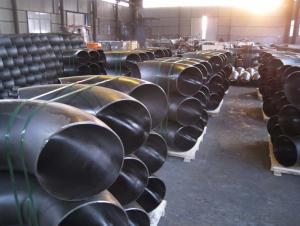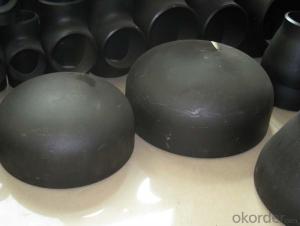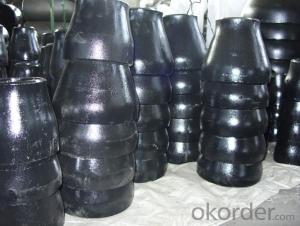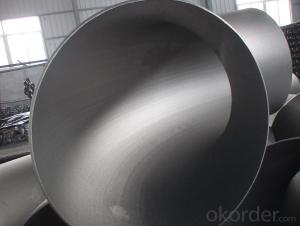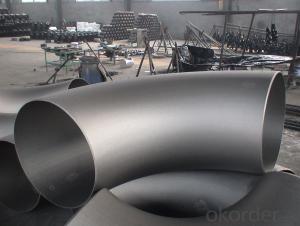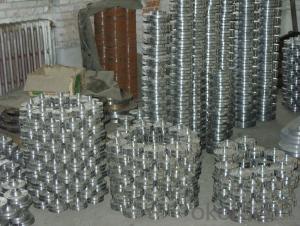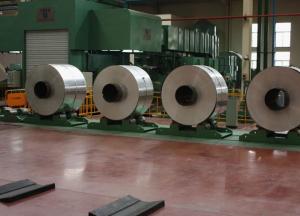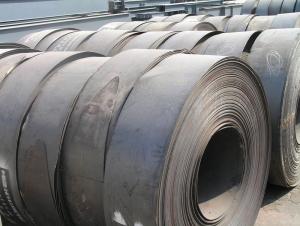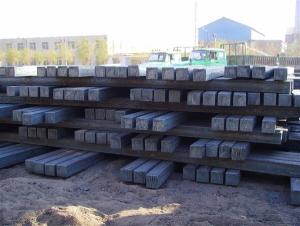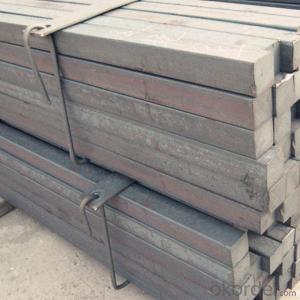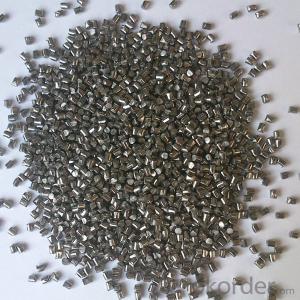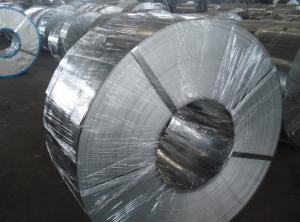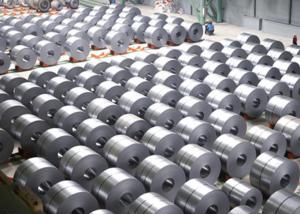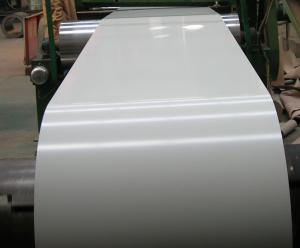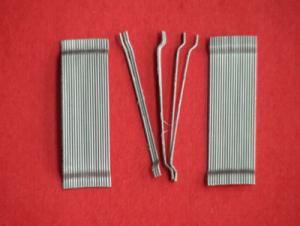Carbon Steel Pipe Fittings BEND 90DEG
- Loading Port:
- China Main Port
- Payment Terms:
- TT OR LC
- Min Order Qty:
- -
- Supply Capability:
- -
OKorder Service Pledge
OKorder Financial Service
You Might Also Like
Specifications
pipe fitting elbow
Certificate:ISO:9001-2000
New material,completely meet asme and din standard
Best price
1. type: AISI ASTM A234 WPB BW Con Elbow
2. Size: 1/2"-48"(1/2"-24"is seamless and 26"-48"is welded)
3. Wall thickness: sch10-160, STD, XS, XXS
4. Material: A234WPB, A420WPL6, A420WP5, WP11, WP12, WP22, etc
5. Welding line: seamless
6. Angle of bend: 30, 45, 90, 180degree
7. Bending radius: SR, LR
8. Standard: ANSI B16.9, JIS, SB, DIN, GB
9. Surface treatment: black paint, vanis paint, black rust-proof oil,
transparent oil, hot galvanizing
10. Application: petroleum, electricity, chemical, natural gas, metallurgy,construction,
shipbuilding and other fields because of its high pressure, high temperature, etc
11. connection: welding
12. technics:forged
13.Certificate:ISO9001 - 2000, CE, SGS, etc.
14. packaging: wooden case, pallet, container or in accordance with the
requirement of customers
15. Principle: quality fist, customer first, credit first
16. payment: L/C T/T
17. delivery time: 7-25 days after payments
18. Notes: the bevel can be made in accordance with the special requirements
of the customers
19. Others: we can also produce the products according to the requirements
of the customers
The main production:
1. PIPE FITTINGS: elbows, tees, bends, reducers, cap, flanges and sockets etc.
2. PIPE: bult welded pipes, seamless pipes, threaded pipes, etc.
We sincerely welcom customers at home and abroad to visit us and seek common development.
- Q:How is steel pipe coated for underground installations?
- Steel pipe is typically coated for underground installations through a process called external coating. This involves applying a layer of protective coating, such as fusion-bonded epoxy (FBE), to the exterior surface of the steel pipe. This coating acts as a barrier, preventing corrosion and ensuring longevity of the pipe in underground environments. Additionally, a layer of polyethylene tape or a shrink sleeve may be applied over the FBE coating for added protection against mechanical damage and moisture intrusion.
- Q:How is steel tubing used in the production of furniture?
- Steel tubing is commonly used in the production of furniture as it provides strength, durability, and stability. It is used to construct the frames of chairs, tables, and other furniture pieces, providing a sturdy support structure. Steel tubing can also be used to create sleek and modern designs, as it can be bent, shaped, and welded into various forms. Additionally, steel tubing is often used to create legs or bases for furniture, ensuring stability and weight-bearing capacity.
- Q:How do steel products contribute to the infrastructure development of cities and urban areas?
- Steel products contribute to the infrastructure development of cities and urban areas in several ways. Firstly, steel is a versatile and durable material that is used in the construction of buildings, bridges, and roads, providing the necessary strength and stability to withstand heavy loads and harsh weather conditions. Secondly, steel is a key component in the construction of high-rise buildings, allowing for taller and more efficient use of limited urban space. Additionally, steel products such as pipes and beams are crucial in the development of water supply and transportation systems, ensuring the efficient flow of resources and people within cities. Overall, the use of steel products in infrastructure development enhances the safety, efficiency, and sustainability of cities and urban areas.
- Q:How are steel products used in the construction of disaster management and emergency response centers?
- Steel products are commonly used in the construction of disaster management and emergency response centers due to their strength, durability, and fire resistance. Steel is used for structural elements such as beams, columns, and frames, providing a stable framework that can withstand extreme conditions. It is also used for roofing, walls, and doors, offering protection against natural disasters and potential security threats. Additionally, steel can be easily prefabricated, allowing for faster construction and flexibility in designing functional spaces within these centers.
- Q:What are the different types of steel sections used in bridges?
- There are several different types of steel sections used in bridges, including I-beams, H-beams, box girders, trusses, and arches. Each of these sections offers unique structural properties and can be used in various bridge designs depending on the specific requirements and loads that need to be supported.
- Q:What are the advantages of using steel plates in manufacturing?
- There are several advantages of using steel plates in manufacturing. Firstly, steel plates are highly durable and have a high strength-to-weight ratio, making them suitable for heavy-duty applications. Secondly, steel plates have excellent corrosion resistance, reducing the risk of rust and increasing the lifespan of the manufactured product. Additionally, steel plates can be easily fabricated and modified to meet specific design requirements, providing flexibility in manufacturing processes. Lastly, steel plates offer superior heat resistance, making them ideal for applications that involve high temperatures or thermal stress.
- Q:What are the common types of steel products used in the wastewater treatment industry?
- The common types of steel products used in the wastewater treatment industry include stainless steel pipes, tanks, and fittings, as well as steel grating and covers for drainage systems. These materials are chosen for their corrosion resistance, durability, and ability to withstand harsh chemical environments commonly found in wastewater treatment facilities.
- Q:How are steel beams used in building structures?
- Steel beams are commonly used in building structures to provide support and stability. They are typically utilized as load-bearing elements, carrying the weight of the structure and transferring it to the foundation. Steel beams can span long distances, allowing for open and flexible floor plans in commercial and residential buildings. They are also used to create strong frameworks for bridges, warehouses, and high-rise buildings. Additionally, steel beams can be fabricated and shaped to meet specific structural requirements, making them versatile and widely used in construction.
- Q:What are the safety regulations and standards for steel product manufacturing?
- The safety regulations and standards for steel product manufacturing vary depending on the country and industry. However, some common safety regulations and standards include ensuring proper ventilation and exhaust systems to control fumes and dust, providing personal protective equipment (PPE) such as helmets, gloves, and safety glasses for workers, implementing regular equipment inspections and maintenance, conducting thorough risk assessments, and training employees on safe working practices. Additionally, organizations may need to comply with specific industry standards such as ISO 9001 and ISO 45001 to ensure quality and occupational health and safety management.
- Q:What are the properties of abrasion-resistant steel for industrial equipment?
- Abrasion-resistant steel for industrial equipment possesses several key properties. Firstly, it has excellent hardness, making it resistant to wear and tear caused by constant friction and impact. Additionally, it exhibits high strength, enabling it to withstand heavy loads and extreme conditions. This type of steel also has exceptional toughness, allowing it to endure harsh environments without cracking or breaking. Furthermore, it possesses good weldability, facilitating easy fabrication and maintenance. Overall, abrasion-resistant steel ensures prolonged equipment lifespan, reduced downtime, and increased productivity in industrial settings.
1. Manufacturer Overview |
|
|---|---|
| Location | |
| Year Established | |
| Annual Output Value | |
| Main Markets | |
| Company Certifications | |
2. Manufacturer Certificates |
|
|---|---|
| a) Certification Name | |
| Range | |
| Reference | |
| Validity Period | |
3. Manufacturer Capability |
|
|---|---|
| a)Trade Capacity | |
| Nearest Port | |
| Export Percentage | |
| No.of Employees in Trade Department | |
| Language Spoken: | |
| b)Factory Information | |
| Factory Size: | |
| No. of Production Lines | |
| Contract Manufacturing | |
| Product Price Range | |
Send your message to us
Carbon Steel Pipe Fittings BEND 90DEG
- Loading Port:
- China Main Port
- Payment Terms:
- TT OR LC
- Min Order Qty:
- -
- Supply Capability:
- -
OKorder Service Pledge
OKorder Financial Service
Similar products
New products
Hot products
Related keywords
